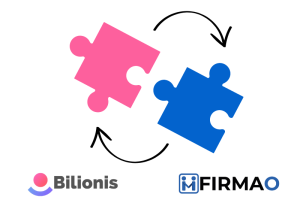
CRM (Customer Relationship Management) systems are commonly used in many industries, including the service industry. A CRM system can provide significant benefits for service companies, including improved customer relationships, increased efficiency, and more effective sales and marketing efforts. In this article, we will discuss some of the essential functions that a CRM system should fulfill for service companies.
- Centralized customer database: A CRM system should have a centralized customer database that contains all relevant customer information, including contact details, purchase history, and service history. This database should be accessible to all employees who interact with customers, including sales representatives, customer service representatives, and technicians.
- Service ticket management: A CRM system should provide tools for managing service tickets or work orders. This includes creating new tickets, assigning them to technicians, tracking their status, and closing them out when the work is completed.
- Appointment scheduling: A CRM system should provide tools for scheduling appointments with customers. This includes scheduling appointments for service calls, consultations, and sales meetings.
- Quote and proposal management: A CRM system should provide tools for creating and managing quotes and proposals for customers. This includes generating quotes, tracking their status, and converting them into orders.
- Sales pipeline management: A CRM system should provide tools for managing the sales pipeline, including tracking leads, opportunities, and sales forecasts. This can help service companies identify and prioritize sales opportunities, and allocate resources accordingly.
- Marketing automation: A CRM system should provide tools for automating marketing activities, such as email campaigns, social media posts, and targeted advertising. This can help service companies reach out to potential customers and keep existing customers engaged.
- Reporting and analytics: A CRM system should provide tools for generating reports and analytics on customer interactions, sales performance, and service efficiency. This can help service companies identify trends, track performance, and make data-driven decisions.
In conclusion, a CRM system is a valuable tool for service companies looking to improve customer relationships, increase efficiency, and grow their business. By fulfilling the essential functions discussed above, a CRM system can help service companies streamline their operations, increase customer satisfaction, and drive revenue growth.
Check out our CRM system that will help you improve your marketing.
Follow our Facebook for more information.




